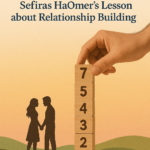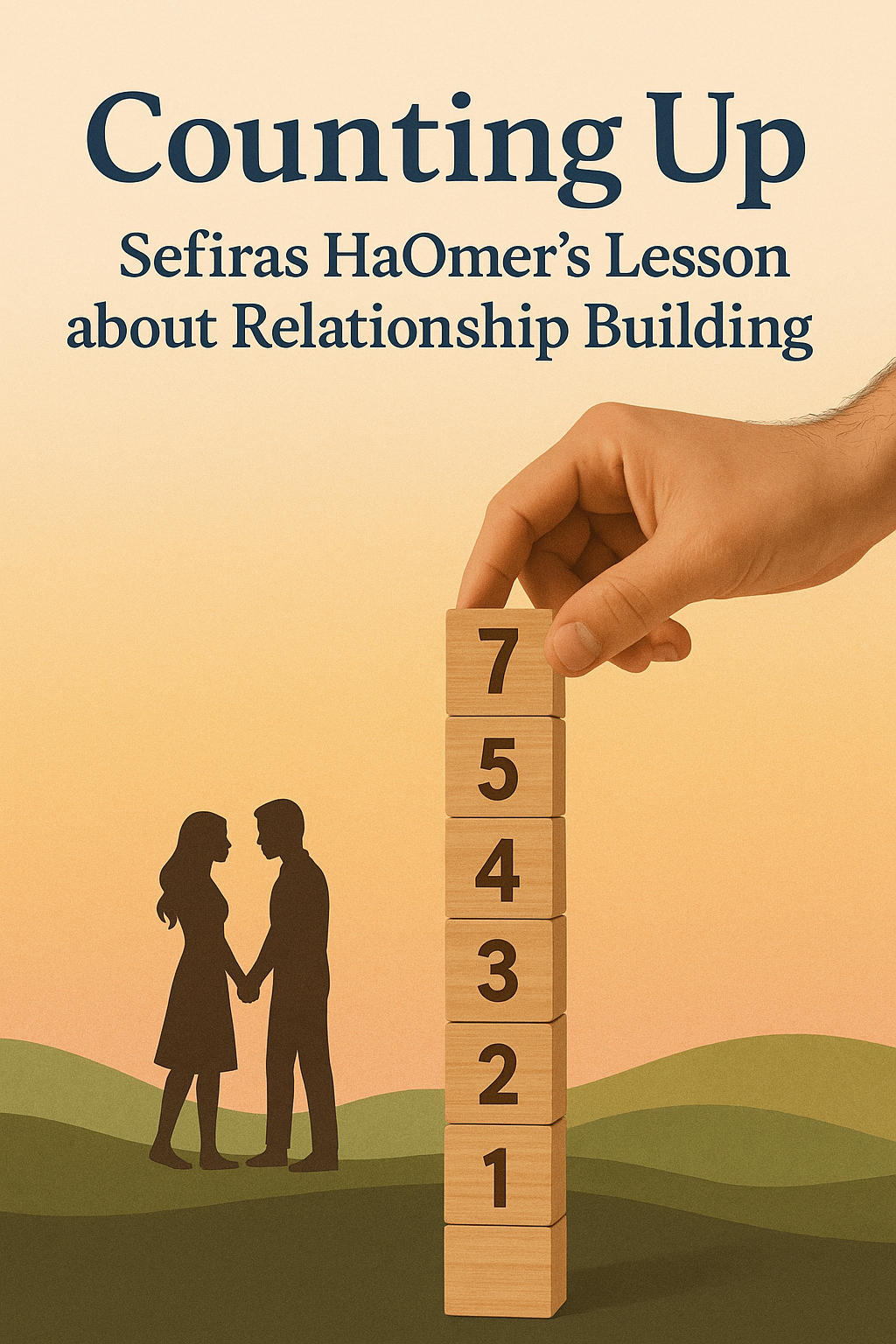There’s something almost intoxicating about the speed and precision of AI. In moments, it can write, translate, generate, and organize—tasks that once demanded hours, days, or even entire careers. It’s dazzling. Efficient. Practically magical.
What if I were to tell you that this blog post you’re reading right now was written by ChatGPT?
On the one hand, it shouldn’t matter. The ideas are mine. The message is clear, and the writing is polished and readable. In that sense, AI is a gift—it helps clarify, refine, and amplify messages worth sharing.
But on the other hand I wonder: what does that say about the journey this post has taken? Has the idea been wrestled with, mulled over during quiet nights, shaped by the slow, patient wisdom that life and experience offer? Or was it handed off too soon, polished by a machine before it could breathe and mature? Does it matter?
There’s no denying AI’s brilliance. It allows me to work smarter, freeing up time for what truly matters. But beneath the surface, there’s a quiet cost—not just to our thinking capacity, or even our authenticity. Maybe the problem isn’t even about results. Maybe we’re finally admitting that we’d rather produce something excellent with less effort. Maybe that’s just smarter, more realistic and productive.
No, the real danger is subtler:
The more we automate the messy parts of life, the more we come to believe that mess itself is meaningless. That if the results are impressive, the process doesn’t matter.
The process is messy. It unfolds slowly and unevenly, filled with doubt and missteps; discarded drafts and difficult conversations, long silences and tearful prayers. It’s the place where we run face first into walls, and then stand back up and learn how to climb them. It’s where we get stuck and where we reach out for help. It is where bonds are forged and deepened—not just with others, but with ourselves, and our faith too.
It is in this vein that I can’t help but see in AI a shadow of what the primordial snake was cursed with in the Garden of Eden: that he would eat from the dust of the earth – that he would always have anything he needed within reach. Nothing to chase. No hunger, no dependence, no journey but endless access. He would never have to struggle, never have to ask for help, never have to face his limitations and dare himself to overcome. He would never get to watch himself become different than who he was yesterday, all because he had been robbed of one thing: the process.
As kids, we’re told that effort is what counts. But then adulthood hits, and “A for effort” rarely cuts it. “Trying” won’t save your relationship. “Working on it” doesn’t soothe your grandmother when she asks why you’re still single.
It’s not news to anyone that there’s no overcoming without struggle—and that the cost of having things handed to you is the person you might have become. We say the journey is where we “grow” as if it’s a staircase to betterment. But what if that’s only half true?
Maybe it is us who are misunderstanding what the process is supposed to be,
What if the process isn’t only where we grow—
But more importantly where we discover what parts of us refuse to. Not as much a ladder as it is a mirror.
And nowhere is that truer than in relationships.
They’re filled with pauses that sting, misunderstandings that grate, silences that stretch too long. But these aren’t bugs in the system. They are the system.
We live in a culture that rewards outcomes: jobs landed, deals closed, weddings planned. But what about the quieter victories? Like noticing when you’re shutting down. Or choosing to stay in a hard conversation one minute longer. Or realizing your urge to blame is really just fear wearing another face.
Maybe being present in the process means asking something deeper than, “What’s wrong?”
Instead, try:
“What part of me is being exposed here?”
“What’s refusing to grow?”
I’m grateful for AI, truly. But I know that if I hadn’t sat here in front of this blinking cursor for all the time I did, I wouldn’t have seen through the clichés in my own argument. I wouldn’t have rearranged, rewritten, and wrestled with what I really meant to say. It was in these painfully slow, uncomfortable moments—facing myself—that I uncovered layers I wouldn’t have noticed if I’d rushed or outsourced the work. That process revealed what I was really struggling to say—not just what sounded good on the surface.
In an age where we can outsource everything from writing to recipe ideas to “what he really meant by that text,” it’s easy to crave clarity. We want clean answers. Diagnoses. Labels. A direct route to certainty.
But imagine if you were cursed to receive the perfect relationship—no effort, no misunderstandings, no moments of doubt. Nothing to work through. Nothing to stretch you.
No chance to ask:
What do I avoid saying because I want to be liked?
What stories do I tell myself about love, safety, or closeness?
Where do I flinch? Where do I soften? What am I afraid they’ll see?
No miscommunications to show us how we respond to hurt.
No silences that reveal how we tolerate the unknown.
No overreactions pointing us toward wounds we swore were already healed.
Relationships aren’t AI.
They can’t be skipped, hacked, or streamlined.
And thank G-d for that.




